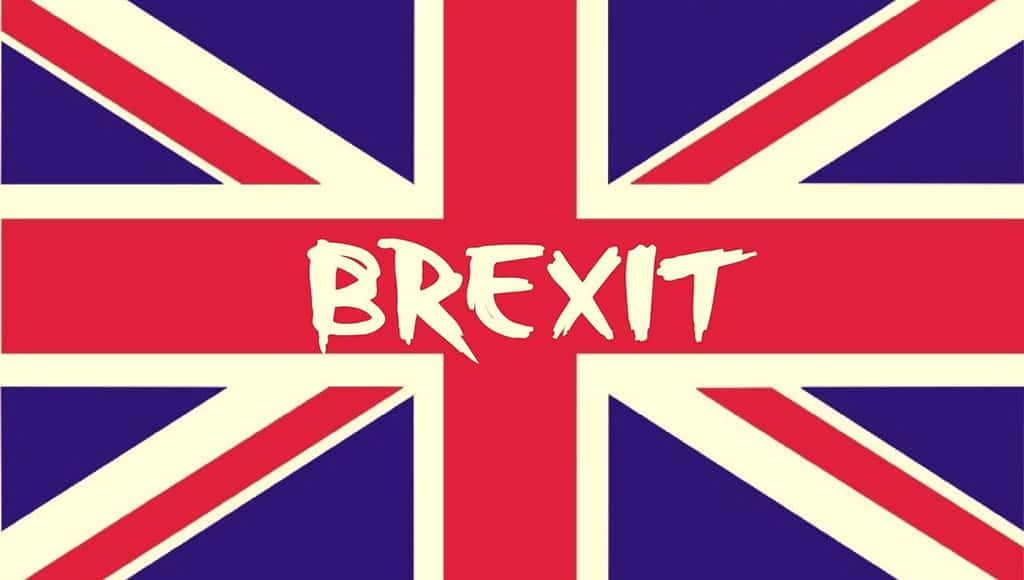Brexit has affected a variety of sectors across the UK. The gambling industry is not an exception, as it underwent a transformation in laws and legislations.
In 2024, we have a much clearer understanding of these changes, and this article aims to discuss them a bit more in-depth.
Background of UK gambling laws pre-Brexit
Prior to Brexit, gambling laws in the United Kingdom were largely impacted by the country’s relationship with the European Union. The Gambling Act of 2005, for example, was one of the key legislations, establishing the frameworks related to licensing and regulation. All of these laws had to align with EU directives.
The cooperation between the UK and EU facilitated a free-flowing gambling market, where cross-border operations could benefit from the common regulations. Information and review platforms akin to Casino.online were helping customers compare different casinos in the wide gambling market, taking EU legislations into account. This included laws for customer protection and anti-money laundering measures.
Post-Brexit regulatory changes
Brexit has introduced some important shifts in the UK gambling laws. It essentially freed the UK from the constraints of EU directives, where the country could redefine their own gambling legislations based on the country’s needs. In certain cases, new regulations have been introduced to tighten control over the industry, while aiming to boost internal markets.
In particular, there has been a lot more focus on the online sector, stricter licensing processes, and increased operational control. Additionally, changes of rules have been introduced for imports and exports of gambling-related goods (e.g. horses and ponies for betting purposes) or the use of personal data based on national data security regulations.
Economic impact of new gambling laws
Brexit’s aftermath on the gambling industry’s economy is a double-edged sword. New taxation policies introduced post-Brexit have changed the way operators handle their finances. While some of these changes bring higher revenues for the government, they also create economic pressure on gambling businesses, creating new market dynamics. Experts in the industry report that smaller operators still struggle to adjust, while larger organisations find innovative ways to thrive under new fiscal regimes.
Moreover, the uncertainty surrounding Brexit negotiations initially caused a decrease in investment. However, as the regulations continue to clarify, we are seeing a renewed interest and investment into the sector, with great potential for growth. Of course, the free movement restrictions have also decreased the number of people from the EU visiting popular gambling areas, such as London, and physical casinos in the United Kingdom.
Consumer protection and responsible gambling
Another significant change from Brexit is the enhancement of consumer protection measures. The UK has introduced strict national regulations to promote responsible gambling, which includes advanced methods for tracking and lowering risky gambling behaviour. These laws aim not only to protect consumers, but to establish a sustainable industry where promoting responsible gambling becomes a key value for betting companies and casinos.
These initiatives have led to a measurable decrease in problem gambling statistics, showing the positive impact of these regulations. The narrative is shifting from reactive to proactive, as UK is now investing in all the necessary tools and resources to prevent gambling addiction and improve the overall gambling experience for everyone involved.
Technological innovations to help compliance
Innovation in technology has been an important factor in the gambling industry, helping the regulatory bodies with enforcing new laws and dealing with compliance issues. For example, the fast development of AI (Artificial Intelligence) and its data analytics capabilities allows regulators and operators to oversee activities easier, ensuring that all rules are met. These smart technologies will continue to be highly helpful in 2024, navigating the complex regulations in order to create a fair and safe environment for gamblers, with minimal fraudulent activities.
Industry reaction and adaptation to new regulations
The industry’s response to the regulatory changes after Brexit has been quite effective. Major gambling operators have quickly aligned themselves with new legal standards, investing heavily in compliance and consumer protection technologies. These strategic adjustments are not just about adherence to law, but are part of a larger effort to redefine and grow this huge market in a post-Brexit UK.
Adaptation strategies also include enhancing customer service and engagement practices to retain loyalty in a more regulated environment. This has also created new innovations in product and marketing strategies that businesses offer to gamblers, which ultimately benefits the consumers as well.
Conclusion
In 2024, Brexit continues to shape the UK’s gambling laws in many ways, as regulatory bodies and operators continue to adjust to the life after the EU. This ever-changing landscape is now more than ever focused on protecting the customer and creating a clear path toward safe, responsible, and sustainable gambling. Although it is a complex process, the industry’s proactive responses suggest a promising future, with an enhanced balance between profitability and responsibility in all areas of gambling.
Sponsored Content


























